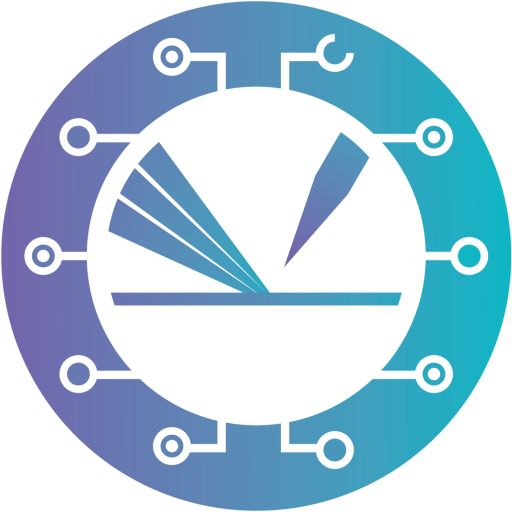Mariana Rossi
Lise Meitner Research Group
Center for Free-Electron Laser Science (CFEL),
MPI Hamburg, Germany
Monday, 15th April 2024, 17:00 s.t.
The talk will be given in hybrid mode.
You can join at:
Freihaus Hörsaal 7 (HS 7)
TU Freihaus, Yellow Area, 2nd floor
Wiedner Hauptstraße 8, 1040 Vienna
Or you can join the zoom meeting:
https://tuwien.zoom.us/j/92739417554?pwd=MlFkNjJxUjFkUUhPaUJmZ0ZnMjVOZz09
Meeting ID: 927 3941 7554 Passcode: X74b82XE

Weakly Bound Materials: Competing Energy Scales, Quantum Effects, and Machine Learning
Weakly bound systems, comprising molecular materials, vdW heterostructures, and interfaces between different material components, give rise to a rich variety of nuclear motion and tuneable nuclear structures that are tightly connected to diverse electronic properties in these systems. In this contribution, I will discuss how we push the limits of density-functional theory and different ab initio techniques that capture nuclear motion to unravel the properties of realistic interfaces. I will give an overview of simulation methods that are applicable for large system sizes and that can capture the quantum nature of nuclei in anharmonic potential energy landscapes [1], as well as what the inclusion of non-adiabatic effects in these simulations entails [5]. I will discuss how machine-learning techniques can speed up the computation of nuclear and electronic properties [2, 3], allowing larger and more accurate simulations that can reach thermodynamic limits of first-principles accuracy. I will finish by showing a couple of applications where the quantum nature of the nuclei becomes indispensable to assess the structural and electronic properties of 2D materials and interfaces [4, 5, 6].
Bio of Mariana Rossi
Mariana Rossi studied physics at the University of São Paulo, Brazil, where she obtained her bachelor’s and master’s degrees. She then moved to Berlin, Germany, to do her Ph.D. at the Fritz Haber Institute of the Max Planck Society. In her Ph.D., she worked with structure determination of biomolecules from first-principles electronic structure methods. Mariana then did two postdocs, one at the University of Oxford (UK) and the second at the École Polytechnique Fédèrale de Lausanne (Switzerland). Since the end of 2016, she has led the independent Otto Hahn Group “Simulations from Ab Initio Approaches” at the Fritz Haber Institute, Berlin. From January 2020, she moved into a tenure-track position as head of a Lise Meitner Group in the Max Planck Institute for the Structure and Dynamics of Matter in Hamburg, Germany.
